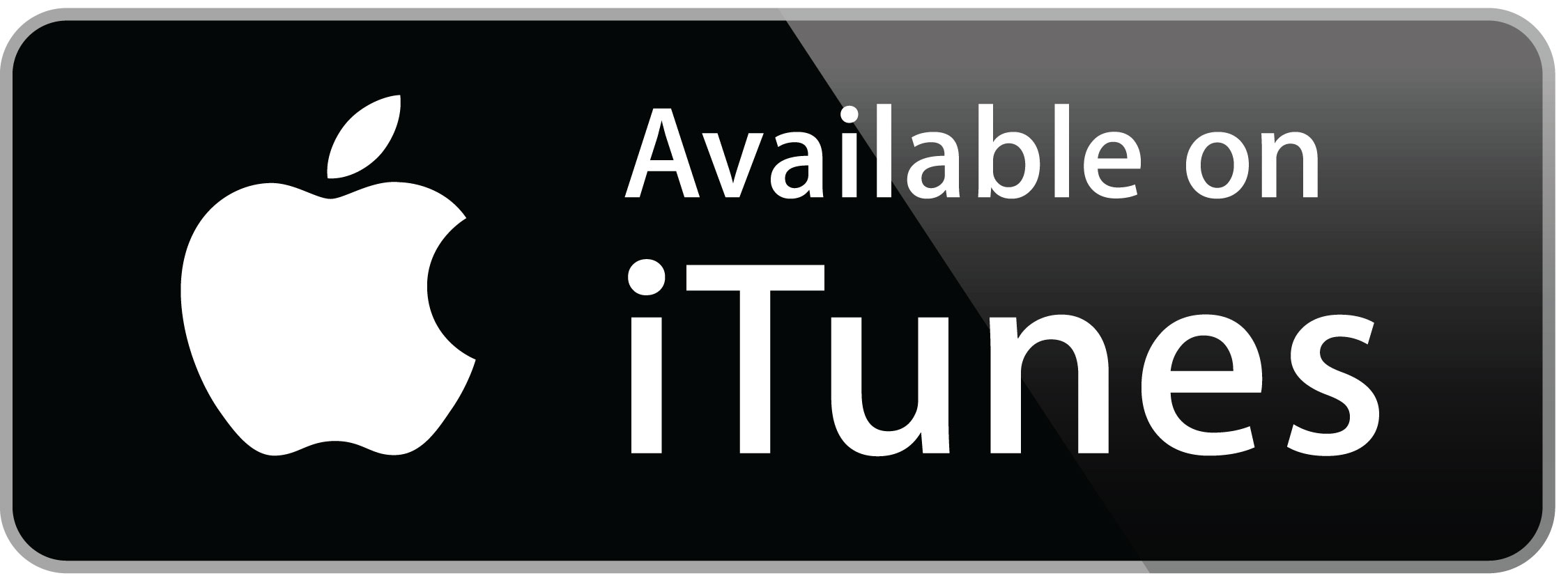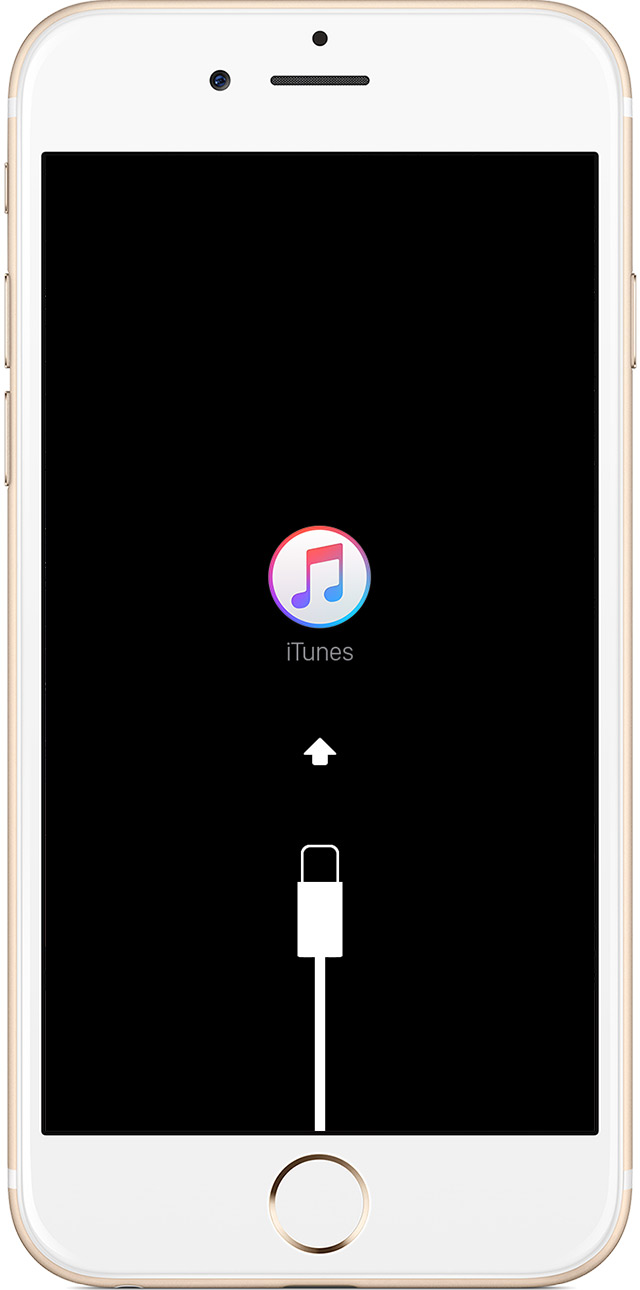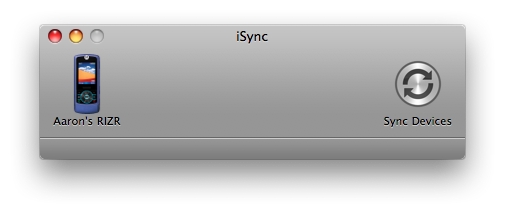Today it may seem like a very distant past, but not long ago, iTunes was a very successful brand that brought Apple a lot of money, and above all, an application that most users in any way connected to the Apple ecosystem came into contact with on a regular basis. Now, however, the time has slowly come to say goodbye to iTunes.
The more optimistic ones assumed that the end of iTunes could have started earlier, but Apple is apparently going to do it rather slowly. On the other hand, this is not too surprising when we realize what they have to say goodbye to, i.e. what the iTunes brand hides.
But to be specific - proof that iTunes is no longer the hot item it once was, is the rebranding of podcasts, which are now called Apple Podcasts and not iTunes Podcasts. It may be a relatively small step, but there is reason to suspect that it should be the start of bigger changes.

A colossus that outgrew itself
At the turn of the millennium, iTunes started as a relatively simple music library and player, but over the years, it has grown into an uncontrollable behemoth that no one could tame, and so it grew and grew.
Wikipedia about iTunes writes:
iTunes is an application designed for organizing and playing multimedia files. The program is also an interface for managing Apple's iPhone, iPad and iPod mobile devices. You can also use iTunes to connect to the iTunes Store, an online store with music, movies, TV shows, games, podcasts and other content. iTunes is also used to download applications through the App Store for iOS (iPhone, iPod and iPad).
Playing music, downloading music, but also books, movies or podcasts, synchronizing data with iPhone or iPad, backing them up, buying apps for mobile devices. These are all matters, many of which would deserve their own app.
Once a relatively popular and long-time indispensable tool for iPhone management, for example, has become an application that many people began to ignore, even condemn, due to its excessive complexity and unintuitiveness. In short, iTunes became a victim of its own success and also of the fact that Apple was not willing to create new applications, or at least significantly modify its operation and interface, although it was often necessary.
Other functions are no longer supported by iTunes
Today, iTunes is not used nearly as much, if we are talking specifically about the desktop application. Much of what they can do has moved to mobile devices. Users routinely buy and listen to or watch music and movies on iPhones and iPads, and they no longer have to deal with their management via iTunes. Often people today with an iPhone never come into contact with iTunes.
This is quite a fundamental shift that was once unimaginable, and that is why iTunes had such an important and indisputable position. Now that this has changed, Apple has room to rethink what iTunes looks like, and above all, a big opportunity to make many of its feature experiences better.

The biggest debate about the future and state of iTunes took place two years ago when the new music streaming service Apple Music was introduced. This was a logical continuation of iTunes and a reaction to developments (not only) in the music world, where the model of traditional purchase of CDs and albums was transformed into tariff-based payment for unlimited listening to anything and at any time.
But as Apple Music was the logical successor to the iTunes business model, it was no longer so logical for the service to settle into an already bloated desktop application. But Apple did not have time to prepare anything like a brand new, light and straightforward application for computers, so users had to put up with Apple Music in iTunes.
For some, this may have been the reason why they eventually switched, or did not leave competitor Spotify at all, but Apple was apparently not bothered by this issue, especially because a significant part of streaming takes place on mobile devices. And it more or less has its own Apple Music app there.
Apple Music instead of iTunes
As iTunes used to be synonymous with everything Apple music, Apple Music is taking over this position. On iOS, the music application is already called that, and although the iTunes Store remains next to it, there is no reason why it should not be logically renamed the Apple Music Store. Apple may not have wanted to do this in the beginning to make a clear distinction that Apple Music is about streaming and iTunes is still about "physical" purchase, but it shouldn't be much of a problem now.
Even if the two applications would continue to live separately on iOS, on the Mac this music service could be removed from the current colossus called iTunes and a simple Apple Music application could be created, which could carry both the streaming service and the store. After all, that's how it is in iTunes right now, but there are a thousand other services, functions and options around it.
It is a question of how Apple would deal with, for example, movies and series that are now also offered in the iTunes Store, but there are several options. For one thing, video content is pushing more and more through Apple Music, so the continued merging of the music and video worlds wouldn't be pointless; at the same time, it is still pushing the Apple TV and recently introduced a TV app, and there is speculation that it wants to be even more active in this area.

There is a separate iBookstore for books, and a separate Mac App Store for Mac applications, so the aforementioned management of mobile devices appears to be the last essential thing that iTunes holds. It is clearly inevitable that the ability to connect an iPhone or iPad to a computer remains, because - if not for synchronization - it often solves many problems, whether with an update or an iOS wipe and restore.
However, it is definitely not necessary for such an activity to have a giant application like iTunes, especially if we take the outlined theory that everything important will move from the current iTunes to somewhere else. Many users don't even remember (and others have never experienced it), but there used to be an iSync app on the Mac that some still lament today. It was exactly as simple a matter as we imagine here "after the fall" of iTunes.
iSync was used for synchronizing contacts or calendars to mobile phones, at that time not only iPhones (it worked from 2003 to 2011), and it fulfilled its function perfectly. It was nothing complicated, but it was effective. Not that, for example, backing up an iPhone to a computer is particularly complicated these days, but the idea of launching a simple app where I can immediately see the necessary button and the whole thing starts is even better.

It makes more sense
The whole thing may seem logical at first glance, but in the end it will be most important if Apple also sees the same logic and, above all, sense in it. While the aforementioned steps are quite simple to do on a Mac, the question is how much Apple wants to be involved on Windows, where iTunes is much more useful as a single application for most things that a product owner needs from both worlds.
With Apple Music, however, it's proving that it's not afraid to go Android when the competition calls for it, and it's increasingly open to other collaborations that get its services to more and potentially new users of its services. And this is where we come to perhaps the most important thing that could come out of the end of iTunes - much easier orientation and entry into the ecosystem for a new Apple customer.
Regardless of what iTunes is, it's a very bad gateway if you want to connect your iPhone to a computer for some reason and maybe upload songs to it. Although it is no longer necessary to connect the iPhone to iTunes at all, uploading songs to the iPhone is an activity that a really large percentage of new owners of their first iPhone are looking for and finding out how to do.
Then, when the excited owner of the new iPhone comes across iTunes, which he has never seen before, the initial joy can quickly fade. I myself can list dozens of cases when something did not work "because of iTunes". Even with this, Apple could make it easier for itself and thus also for its customers.
The iTunes store should be preserved, not everyone is excited about the streaming model of "buying" music.
I've started to hate iTunes, recently I wanted to download documents to my iPhone and a voice jumped out at me saying that it's not possible because the photo library on iCloud is turned on?! I didn't understand how the photo was related to the music, but I turned it off and about 400 photos disappeared from my phone and the music still couldn't be downloaded :D
On the contrary, it is one of my most used applications on macOS.
Well, I've tried Audirvana Plus, VOX, and Room players, and the best way to work and listen is in iTunes anyway. Great music management, speed, stability and overall design.
iTunes is the ultimate personal music library. It has been at the top for years and has no competition.
As someone who grew up on iTunes, I have to say that there is no better multimedia library, and I've seen a lot of them, and it was iTunes and the iPod that brought me to Apple. I don't understand these constant cries that it's a "jumbo", etc. at all. Although I use Apple Music, I also have a lot of my own content that you can't find anywhere else. If today's kids don't know iTunes and don't need it, that's their problem, iTunes doesn't belong in the old iron, it's a perfect stable application for managing your own content, for example, and I can't imagine what should replace it, like Photos replaced iPhoto.
I think that the functionality you use will remain, but it will be separated from the last things.
I personally use a lot of stuff from iTunes and I don't like that it's all in one big juggernaut. By the way, Apple Music in combination with purchases on iTunes was the worst thing from a UX point of view that Apple has done and I've seen.
So I believe that breaking up into some parts (in iOS it is already like that) will definitely be the right step in the end for everyone. And I also believe that it will not affect any existing functionality,
I just hope that if Apple cancels the iTunes application, that at least they create a simple music player for offline files and radio streams with a simple option to sync to the iPhone (i.e. iTunes). I don't want to use Apple Music, Spotify or any other streaming service, and I won't, because I want to listen to music even in the subway and generally off the Internet, and I also want to listen to it at home on big speakers from a Mac and not from an iPhone. So I really hope that the basic functionality of iTunes remains, I don't want to look for another player that can do this.
You can also listen to music offline from Apple music and Spotify ;-).
Alternatively, there is a simple and I think free alternative in the form of winamp (if anyone remembers it). it's called Vox. i use and it works per unit
I more or less agree with the article, but do I understand it correctly that it is all made up from the trifle that they renamed the iTunes podcast to the Apple podcast?
iTunes is the most complicated software I have ever seen. I can't help it, but usually uploading a photo to the iPhone, or maybe some movie or song that you didn't buy directly in iTunes is an infinitely complicated matter. In addition, it requires synchronization, etc., etc... in short, it is something that is not at all intuitive and many times I have no idea what will happen to my data after synchronizing the phone (I have already deleted something that I did not want to delete x times, uploaded something, what I didn't want to upload,... ) ... ok, tell me that I am ... but I simply don't understand it (and I control it on the computer anyway)
Do you prefer one application where you solve several things at once; or do you prefer to search (and launch) between multiple apps to solve everything you want in one device at a time?
So I don't find anything confusing on iTunes.
In school we were taught that "the error is always in the user". And my practice basically confirms this.
This time I disagree with the article. But I'm not saying Apple won't go that route. But I'd rather not. I'm far too comfortable with that, to have to open several applications for one thing in the end - tuning the iPhone.